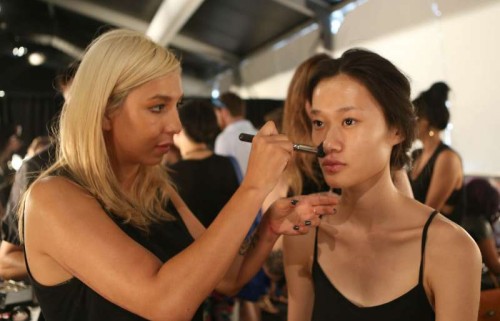People who are born in aggressive environments may pass on traits that make it more likely for future generations to react to certain situations in a violent manner, found a research, underscoring how culture could affect biology.

Biology is affected by culture just as culture is changed by human biology, the researchers noted.
“These changes, then, may have a long-range effect on children and on who those children become when they grow up,” said Pete Hatemi, associate professor of political science from the Pennsylvania State University in the US.
“Those who grow up in a violent culture may have more of a tendency to respond with aggression in the future,” Hatemi added.
This interaction between culture and biology could explain why some troubled hot spots remain troubled over the course of many years.
Genes can shape cultural and political institutions, which in turn could shape biology and physiology, passing on certain traits to future generations.
One obvious way to see how culture affects natural selection is the effect that politically inspired atrocities – for example, Communist purges in China and USSR and the Nazi Holocaust – have on genetic diversity, the researchers pointed out.
They noted that the environment’s influence on adaptation and how it changes biology is better known and often easier to observe, but the way culture can affect gene expressions in future generations is often harder to show and may take longer to reveal itself.
The study appeared in the journal Advances in Political Psychology.